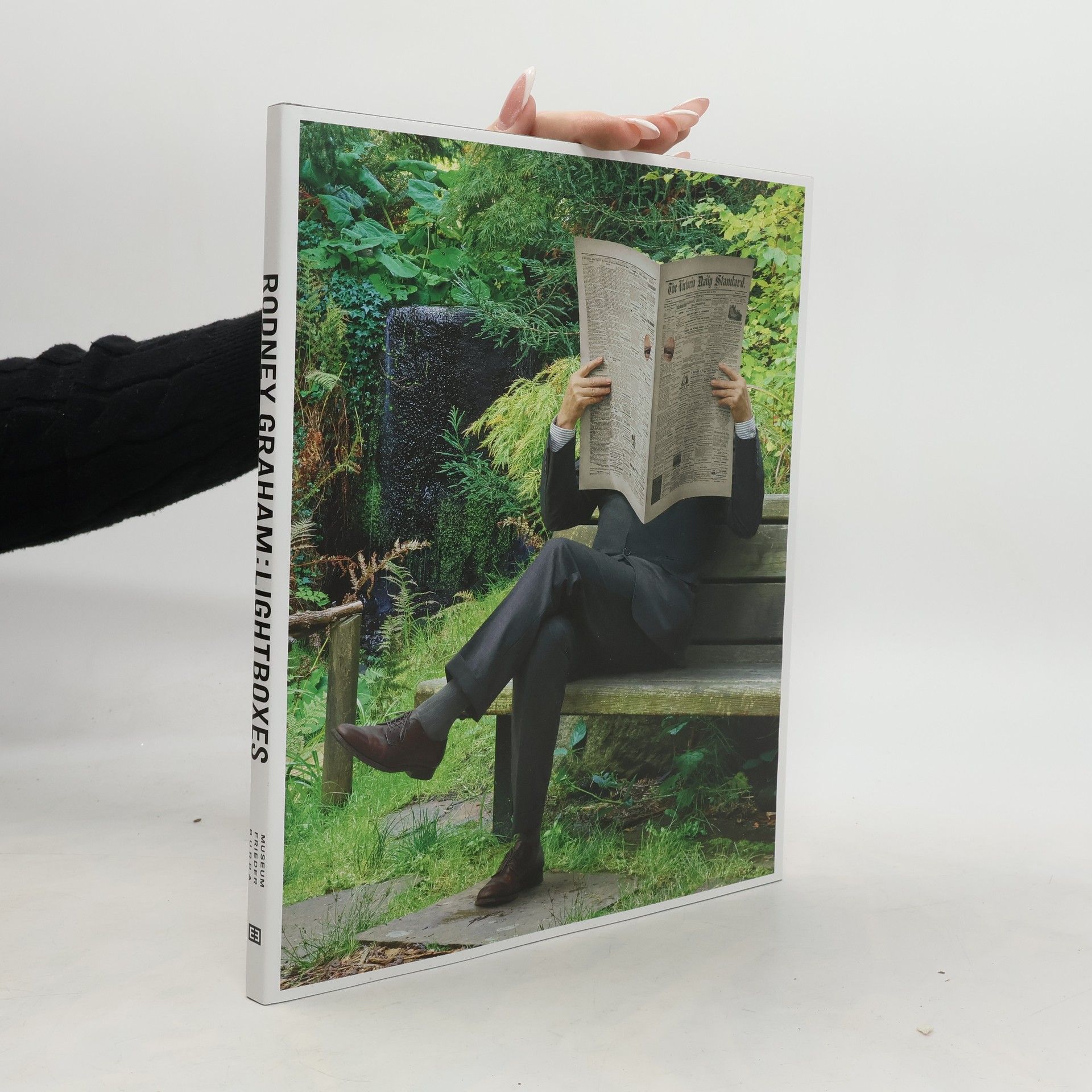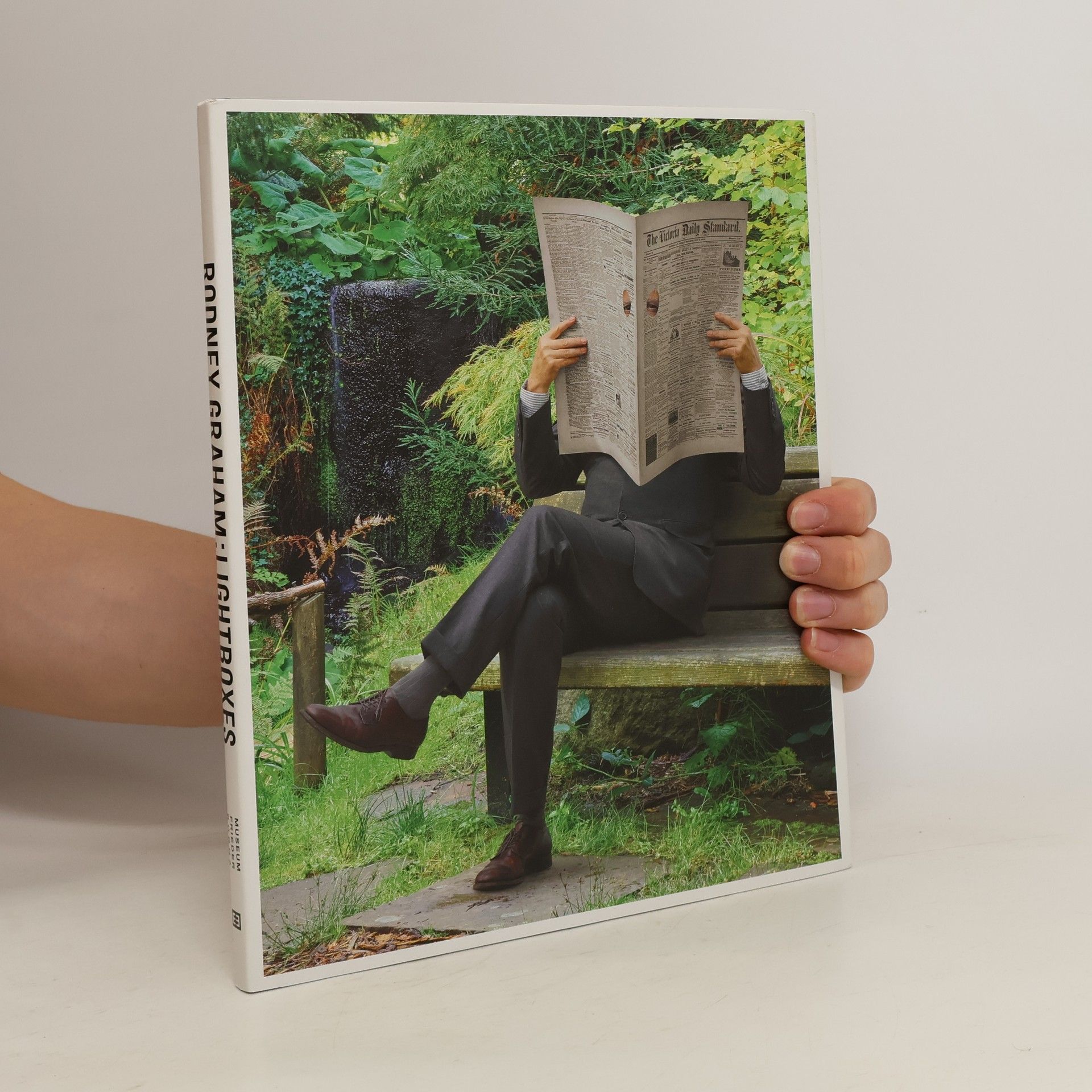Klasyczna książka Roberta B. Pearsona, powstała w czasach, gdy hipoteza zarazków jako jedynych czynników chorobotwórczych dopiero się kształtowała, ukazuje, jak ta teoria, dziś uznawana za fakt, była niegdyś jedną z wielu konkurencyjnych idei. Autor zwraca uwagę, że jej powszechne przyjęcie zawdzięczamy wsparciu instytucji rządowych i sektora handlowego, które dostrzegły w niej potencjał. Pearson przedstawia Pasteura jako osobę przywłaszczającą odkrycia innych i wykorzystującą polityczne narzędzia do promowania swoich kontrowersyjnych twierdzeń. Analizuje również wczesne dekady wprowadzania reżimu szczepionkowego w Europie i USA. Praca Pearsona, napisana osiemdziesiąt lat temu, pokazuje, że przekształcenie hipotezy zarazkowej w dogmat wymagało ogromnej presji medialnej oraz wsparcia instytucji, jak Fundacja Rockefellera, które marginalizowały alternatywne rozwiązania jako „nienaukowe”. To przekształcenie hipotezy w niepodważalną prawdę jest działaniem skrajnie nienaukowym. Historia nauki dowodzi, że teorie uważane za ostateczne, mimo silnego wsparcia, w końcu upadały lub wymagały głębokiego przeformułowania. Pearson, amerykański autor popularnych książek medycznych, był także obrońcą tezy o wpływie diety na zdrowie.
Rodney Graham Book order (chronological)




CODA Wife wanted to avoid inheritance tax - financial incentive available This ad in the local paper-placed by Edward, who has a terminal illness-catches the eye of Kelly, who wonders if this could be her way out of an abusive relationship. FANTAISIE A young boy runs away from home and finds a job which introduces him to a whole new world of classical music and he is determined to become a concert pianist. Years later, after his first piano recital, he realises he is just not good enough, but he has one fan and there are other ways to live out one's dream. INTERMEZZO An evening at the opera isn't exactly Charles Bishop's idea of a great night out, so when his friend Julian invites him to a performance at the Royal Opera House he reluctantly agrees. By the end of the evening, Charles finds himself enthralled by both the music and the star performer, the mezzo-soprano Daisy Cartwright.
Rodney Graham: Lightboxes
- 127 pages
- 5 hours of reading